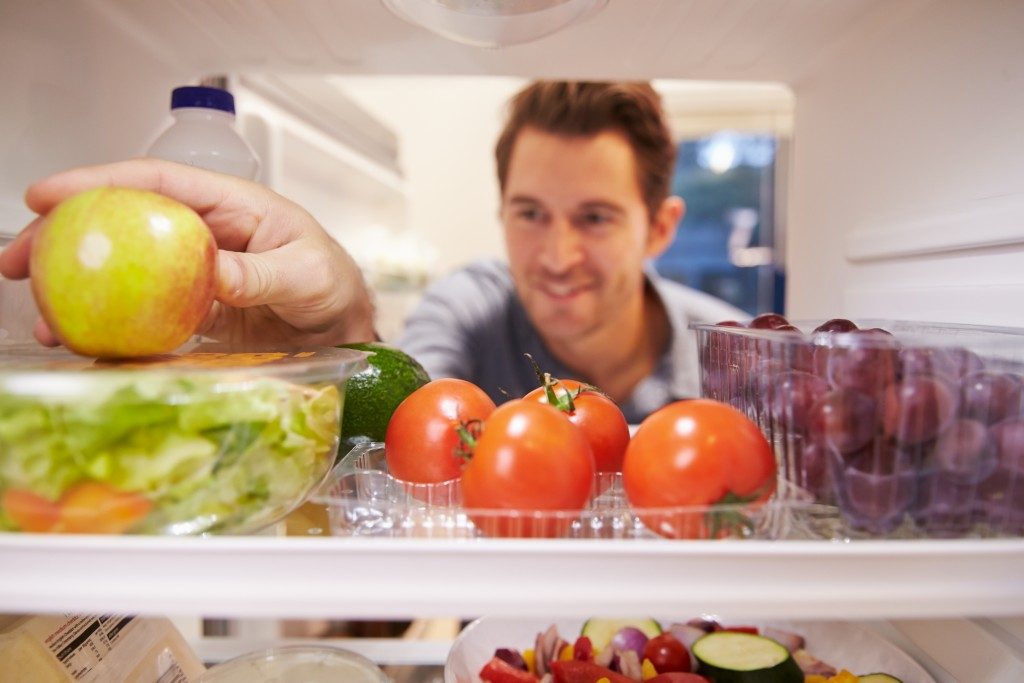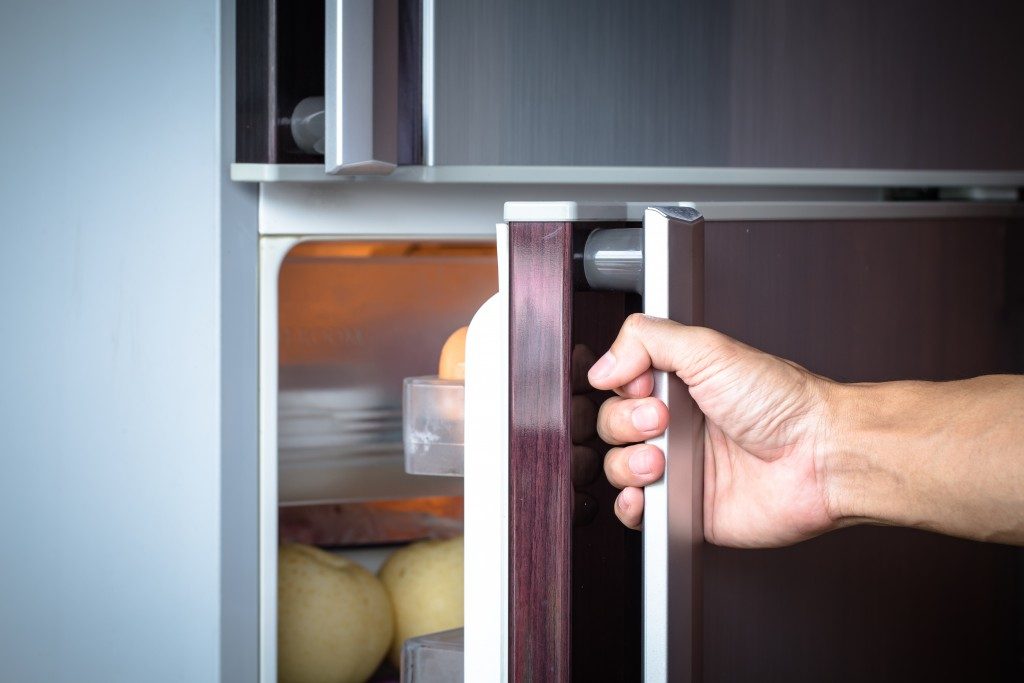Food wastage is becoming a serious epidemic. The US alone throwing nearly 40 percent of its food yearly. That adds up to approximately $160 billion wasted, and when you take into consideration that many households do not have enough to it, it becomes worse.
Advising people to buy only what they can consume, or tell them not to store a lot of food is easier said than done, especially since many circumstances can prevent people from heading out and buying food regularly. This is when having a spacious, working fridge comes in handy.
However, merely having a fridge is not enough. You have to store your food properly, too, so they won’t go to waste. Perfectly good produce, dairy, or meat can go bad inside your fridge if they are stored improperly.
Here are some tips you can follow to organize the food items inside your fridge properly to ensure you can maximize their shelf life:

- Leftovers are a godsend when you are hungry and do not have time to prepare something from scratch, so you must store them properly. Make sure that all leftovers are stored in leak-proof containers, and follow the first in, first out (FIFO) rule, which means consuming the oldest foods first. Keep in mind to refrigerate leftovers within two hours of cooking, dividing big batches into smaller containers so that they cool faster. Canned goods need to be transferred to another container as well to avoid giving food a metallic aftertaste.
- Your meat, fish, and poultry should be stored in the coldest spot in your fridge, ideally in their drawer. Keep these items in their store wrapping to avoid increasing the risk of exposing them to harmful bacteria when you re-wrap them.
- Leave your dairy products, such as cheeses, eggs, milk, and cream in the containers they came in, taking care to rotate the older items to the front so that you can consume them before they expire. Hard cheeses must be wrapped in wax paper, foil, or loose plastic once they are opened to preserve their texture. Take care not to store your milk in the door, as this is the warmest spot in the fridge and should be reserved for non-perishable items only.
- Fruits and vegetables must be separated and stored with items of the same kind. This is because they give off different gases, which may cause other items to deteriorate faster. Those that tend to dry out easily must be kept in perforated or unsealed plastic bags to allow air to circulate while retaining some moisture. Salad greens, such as lettuce, should be stored in a cool, dry container such as resealable bags or airtight containers to prevent moisture from entering and causing them to wilt. Make sure they do not get crushed so that they do not get bruised. Produce should not be washed before refrigeration as water residue can cause molds.
Finally, make sure that your fridge is always in top working condition. You can contact a fridge repairman in your area if you encounter any problems with the temperature.

